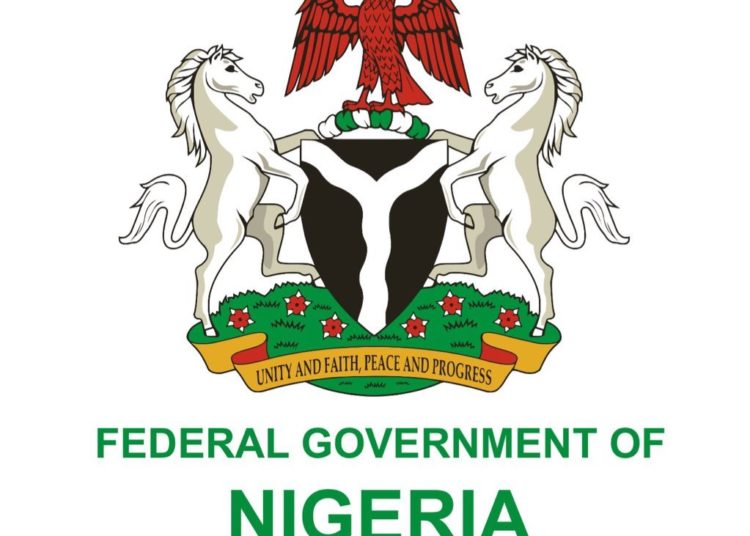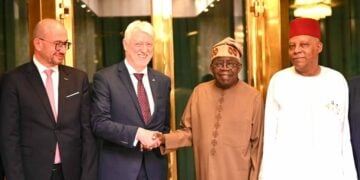The federal government and stakeholders in the leather industry have strengthened their commitment to upgrade the sector, which it said occupies a very strategic position in the development of Nigeria’s economy on account of its substantial export earnings.
This was the focus of a 5-day capacity building of leather stakeholders on “Fostering Strategic Alliance to Fast -track the Implementation of the National Leather and Leather Products Policy” workshop, which commenced in Abuja, yesterday. employment opportunities and favourable conditions for sustained growth.
“It has been projected that the Nigerian leather industry tans between 40 to 50 million skins annually, hence it generates between $600 million to $800 million annually. It is therefore believed to have the potential to increase the nation’s foreign earnings.
“To achieve this vital feat, there is a need for value addition in Nigeria’s leather value chain to upgrade its position in the regional and global trade of leather commodities with varying implications on intra and inter trade, backward integration, employment generation, industrial deepening, increased productivity and competitiveness,” she said.
The event was organised by the Nigerian Institute of Leather and Science Technology( NILEST) in partnership with the Nigeria Competitiveness Project((NICOP) with support from the European Union (EU) German Society for International Cooperation (GIZ) the World Bank to drive the effort to diversify the Nigerian economy.
The director general of NILEST and the Chairman of the Steering Committee on Strategic Implementation Plan of the Leather and Leather Products Policy in Nigeria, Mohammed Yakubu, in his remarks said “The policy, when fully implemented, will bring about an increase in industrial growth, economic diversification, job and wealth creation, national Gross Domestic Products, productivity local and export markets.
“It will also enhance reduction in capital flight, promotion of science, technology and innovation STI and strengthen intra/inter relationship between private, public and international organizations.”
Minister of Trade Investment and Industry, Niyi Adebayo, in his remarks, said the occasion provides more opportunities for the inter ministerial collaboration to expedite the implementation of the plan.
The minister, who was represented by Achilam Chioma, a deputy Director in the Ministry, said the leather sector is strategic in the diversification agenda of the Federal Government and improving the value chain in the industry.
In July Last year, Vice President Yemi Osinbajo launched the Leather and Leather Policy Implementation Plan in Abuja. This was after President Muhammadu Buhari approved the first ever stand-alone National Policy on Leather and Leathers Products in Nigeria in October 2018.





